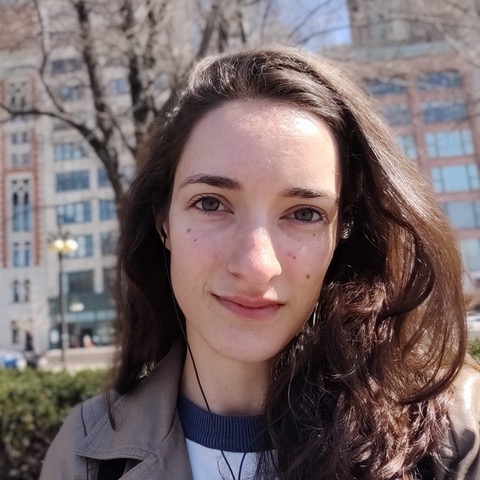Science and Mathematics
Physics Colloquium: Smoothing the Road Towards Precision Gravitational Wave Observations: Overcoming Optical Imperfections for Current & Future Detectors
October 5, 2021 at 3:30pm – 4:45pm EDT
Physics Building, 202/204
This event has already occurred. The information may no longer be valid.

The Department of Physics is pleased to welcome Dr. Anna Green to present a colloquium. Dr. Green obtained her doctoral degree from the University of Birmingham where she studied about the effects of Radiation Pressure in Interferometric Gravitational Wave Detectors and the potential implementation of an optomechanical filter to broaden the bandwidth of future gravitational wave detectors. She is currently a postdoctoral researcher at the University of Florida.
Abstract:
The Advanced generation of ground-based gravitational-wave (GW) detectors have ushered in the era of GW astronomy. We are now moving from our initial aim of detecting GWs to our longer-term goal of precise GW observation. This means continuously pushing the state of the art for GW detectors: in the short term, by improving the technologies at existing detector sites like LIGO, Virgo and KAGRA; in the longer term these facilities will reach their limits and so the development of new ‘third generation’ detector designs, Cosmic Explorer and the Einstein Telescope, has begun.
Optical imperfections in GW detectors such as misalignments, thermally-driven distortions, or small defects in optical coatings can have a major impact on detector performance, reducing their sensitivity and disrupting their controllability – in other words, how clearly, how often, and from what distance we can observe GW signals. Understanding the behavior of such defects in GW detectors requires intricate modelling of both the defect and the optical system. Here, I will overview my approach to understanding and mitigating defects to directly support commissioning at LIGO, and develop the technical optical design of next-generation detectors with increased resilience to defects.
This event was published on October 1, 2021.
Event Details
- Category
- Science and Mathematics
- Type
- Talks
- Region
- Campus
- Open to
- Alumni,
- Faculty,
- Graduate & Professional Students
- Organizer
- CAS-Department of Physics
- Contact
- Yudaisy Salomon Sargenton
phyadmin@syr.edu
3154433901
- Accessibility
- Contact Yudaisy Salomon Sargenton to request accommodations
